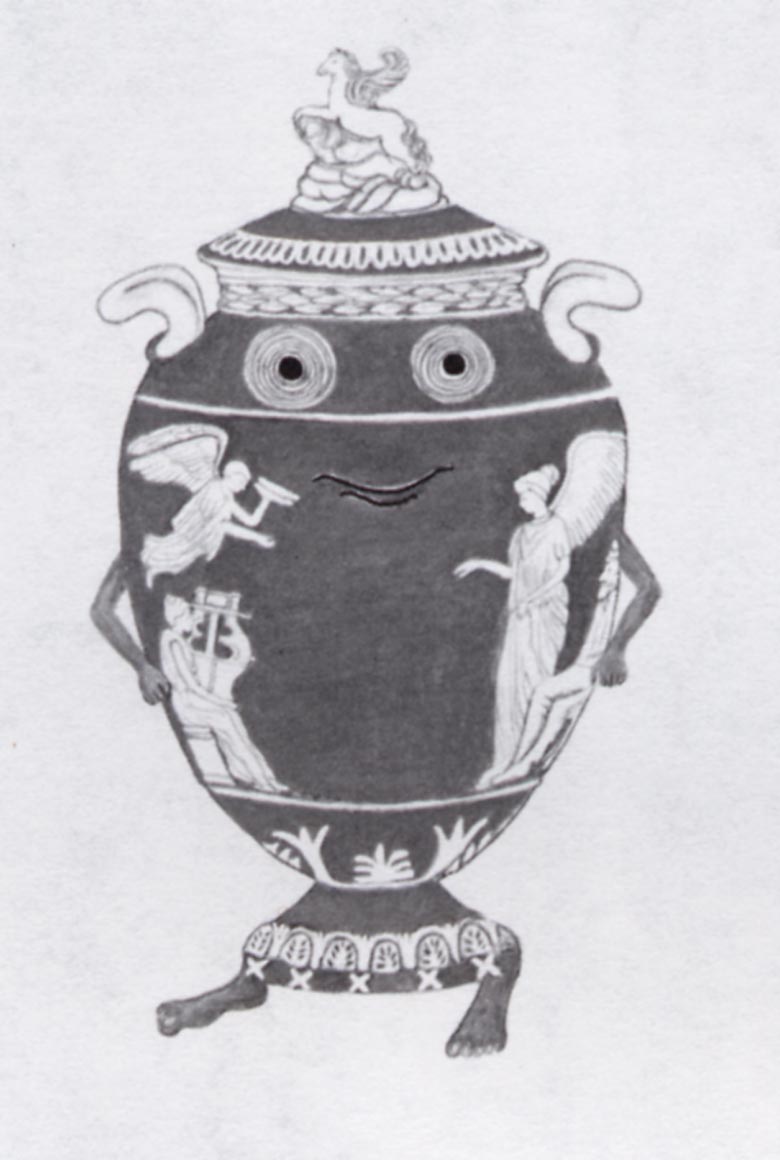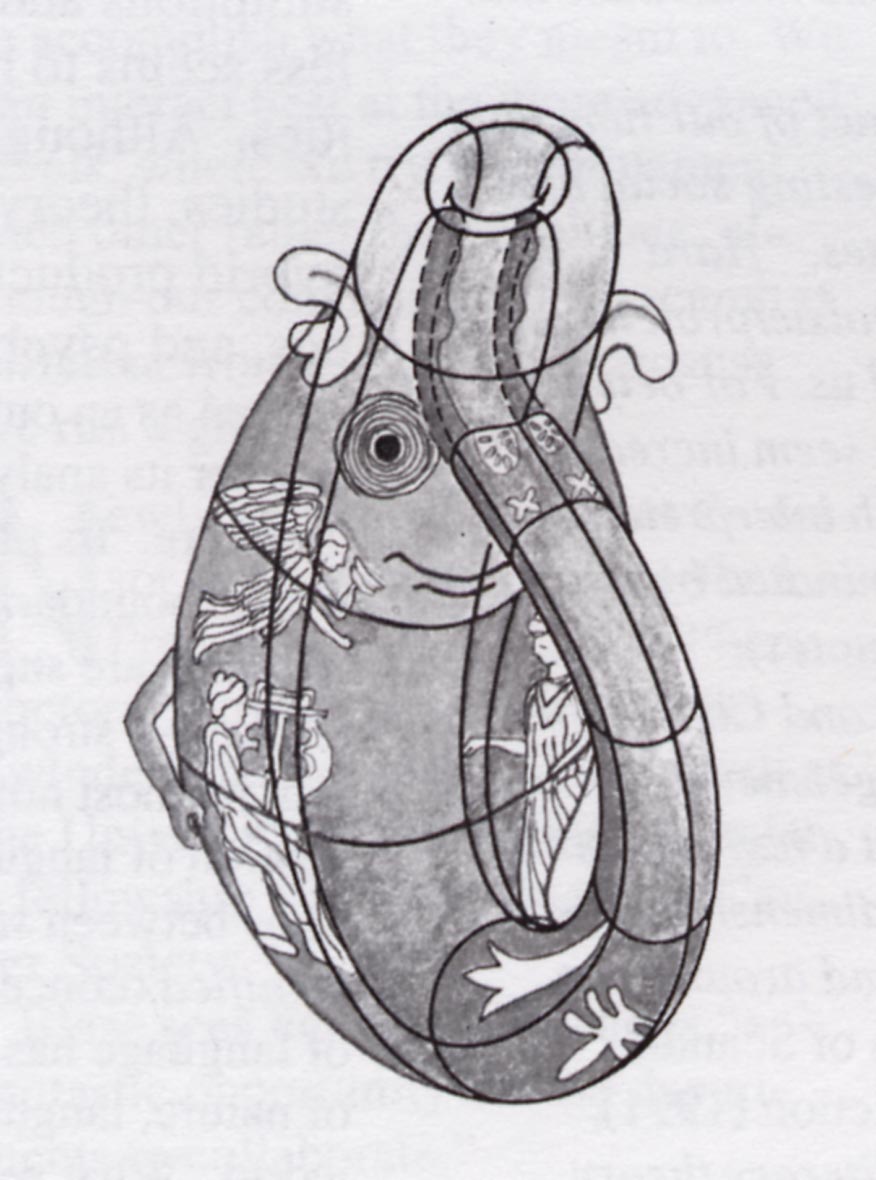 | "Freedom is a feeling." --Rebecca Walker So...how well do you think feelings work as a guide to political action? Where does "feeling right" get us...? |
 | "Freedom is a feeling." --Rebecca Walker So...how well do you think feelings work as a guide to political action? Where does "feeling right" get us...? |
|
"the verbal icon" (valorizing the object)  |
"reader-response theory" (celebrating the transaction)  |
"rhetoric" (being moved to act)  |
 |  |
 | James Baldwin, "Everybody's Protest Novel," Notes of a Native Son (1949) |
 | Jane Tompkins, Sentimental Power:Uncle Tom's Cabin and the Politics of Literary History," Glyph (1978) |


 George Washington by Gilbert Stewart |  Josiah Henson (1789-1883) |
 | Tina Zwarg,
"Fathering and Blackface in Uncle Tom's Cabin, Novel (1989) |

 Uncle Tom and Aunt Chloe at Home |
 Ralph Waldo Emerson |
 |  |